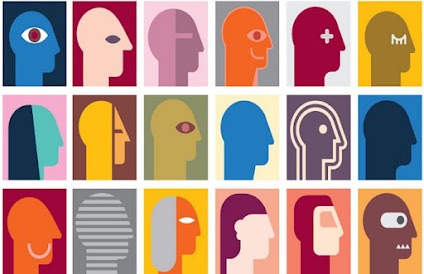A Guide to Culturally Competent Nursing Care
Cultural respect is vital to reduce health disparities and improve access to high-quality healthcare that is responsive to patients’ needs, according to the National Institutes of Health (NIH). Nurses must respond to changing patient demographics to provide culturally sensitive care. This need is strikingly evident in critical care units.
Developing Cultural Competence in Nursing
Framework for Delivering Culturally Competent Nursing Services
Campinha-Bacote and Munoz (2001) proposed a five-component model for developing cultural competence in The Case Manager.
Cultural awareness involves self-examination of in-depth exploration of one’s cultural and professional background. This component begins with insight into one’s cultural healthcare beliefs and values. A cultural awareness assessment tool can be used to assess a person’s level of cultural awareness.
Cultural knowledge involves seeking and obtaining an information base on different cultural and ethnic groups. This component is expanded by accessing information offered through sources such as journal articles, seminars, textbooks, internet resources, workshop presentations and university courses.
Developing Cultural Competence in Nursing
Framework for Delivering Culturally Competent Nursing Services
Campinha-Bacote and Munoz (2001) proposed a five-component model for developing cultural competence in The Case Manager.
Cultural awareness involves self-examination of in-depth exploration of one’s cultural and professional background. This component begins with insight into one’s cultural healthcare beliefs and values. A cultural awareness assessment tool can be used to assess a person’s level of cultural awareness.
Cultural knowledge involves seeking and obtaining an information base on different cultural and ethnic groups. This component is expanded by accessing information offered through sources such as journal articles, seminars, textbooks, internet resources, workshop presentations and university courses.
Cultural skill involves the nurse’s ability to collect relevant cultural data regarding the patient’s presenting problem and accurately perform a culturally specific assessment. The Giger and Davidhizar model offers a framework for assessing cultural, racial and ethnic differences in patients.
Cultural encounter is defined as the process that encourages nurses to directly engage in cross-cultural interactions with patients from culturally diverse backgrounds. Nurses increase cultural competence by directly interacting with patients from different cultural backgrounds. This is an ongoing process; developing cultural competence cannot be mastered.
Cultural desire refers to the motivation to become culturally aware and to seek cultural encounters. This component involves the willingness to be open to others, to accept and respect cultural differences and to be willing to learn from others.



.jpg)
Comments
Post a Comment